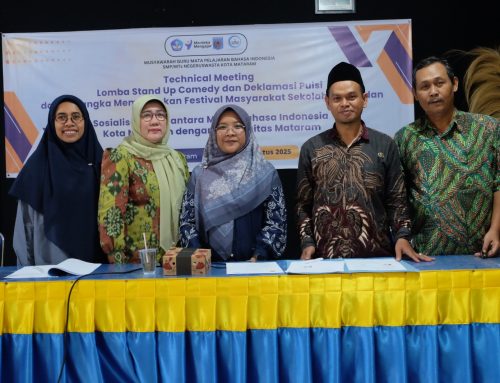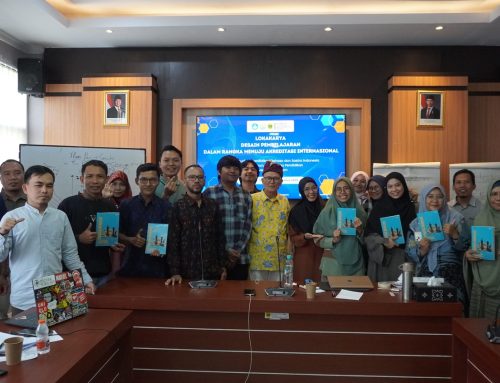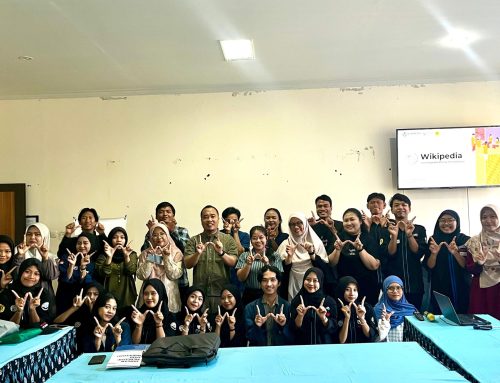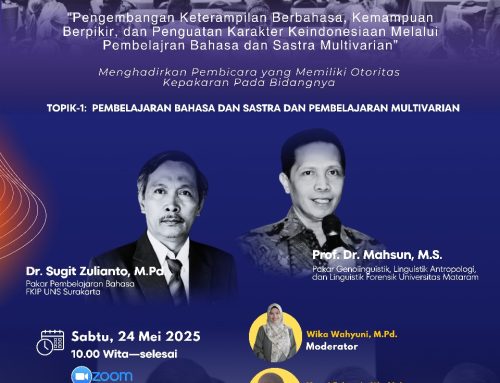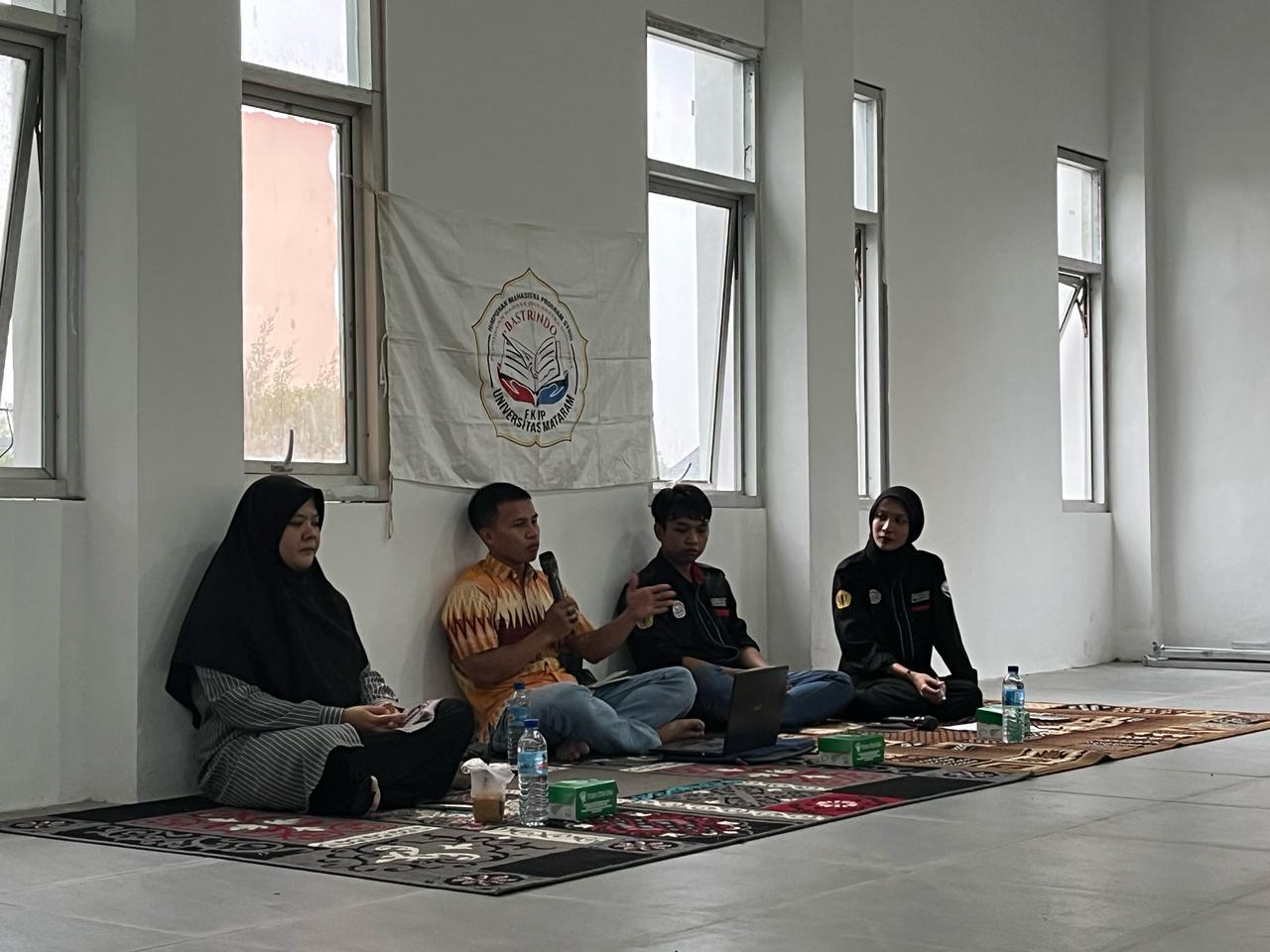
Mataram, May 17, 2025 — The Student Association of the Indonesian Language and Literature Education Program (HMPS Bastrindo) of FKIP Universitas Mataram, in collaboration with the Akarpohon Community, successfully held a book discussion on Rumah Rosa, a collection of short stories by Ismawati Ahmad. The event took place on Friday afternoon (May 16, 2025) at the FKIP Unram campus, attended by dozens of students and several lecturers from the Bastrindo program.
Featuring Randa Anggarista as the main speaker, the discussion took place in a warm and enthusiastic atmosphere. Randa — known as an educator, writer, literacy activist, and freelance editor at an independent publisher in Yogyakarta — delivered an in-depth review of the content and key issues explored in Rumah Rosa. The session was moderated by Cholisatun Wahida, a student of the Bastrindo Program at FKIP Unram.
In her presentation, Ismawati Ahmad explained that the short stories in Rumah Rosa explore the roles of women in various spheres of life, ranging from family and education to broader gender issues. This book is her debut publication, released by the Akarpohon Community through the Majelis Buku Tipis program in February 2025.
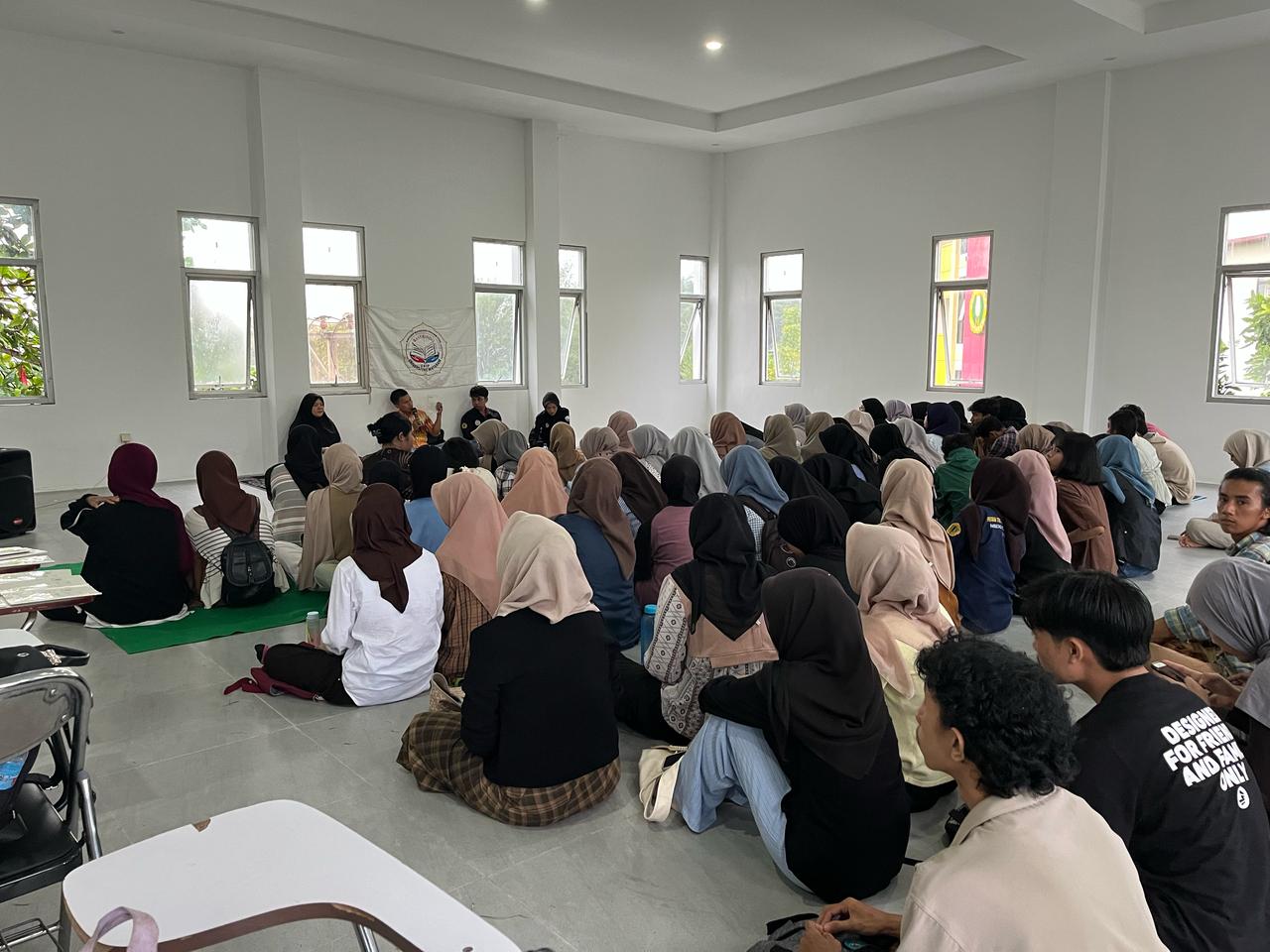
“Story ideas can come from anywhere, especially from what’s happening around us,” Ismawati explained. She added that most of the short stories in this collection were written when she was between 21 and 23 years old.
Meanwhile, in her review, Randa Anggarista noted that Rumah Rosa aims to reveal various realities of women that have long been considered taboo by society. According to her, the book presents the perspective of women as individuals who have yet to find a fully recognized place in both social and domestic spheres.
“Women in Rumah Rosa ‘s perspective are likened to a building whose elements are incomplete,” said Randa, who is also a lecturer at Qamarul Huda University in Badaruddin Bagu, Central Lombok.
Marlinda Ramdhani, S.Pd., M.Pd., the advisor of HMPS Bastrindo, welcomed the event warmly and expressed hope that literary discussions like this would continue regularly. “Events like these help bring students closer to the world of literature while also providing a platform to appreciate writers from NTB. Moving forward, I hope these casual discussions will be held more often to further enhance the quality of student discourse,” she said.
Hasbullah, Chairperson of HMPS Bastrindo FKIP Unram, also expressed that the book discussion was very beneficial, especially for students of the Indonesian Language and Literature Education program. “The purpose of this activity is to gain a deeper understanding of the literary work and to create diverse perspectives on it,” he explained.
In addition to the presentation from the dissector and the author, this activity was also filled with discussion and question and answer sessions that took place interactively between the participants and the speakers. This book review is one of the efforts of the Bastrindo FETT Unram Study Program in strengthening the literacy tradition among students.

